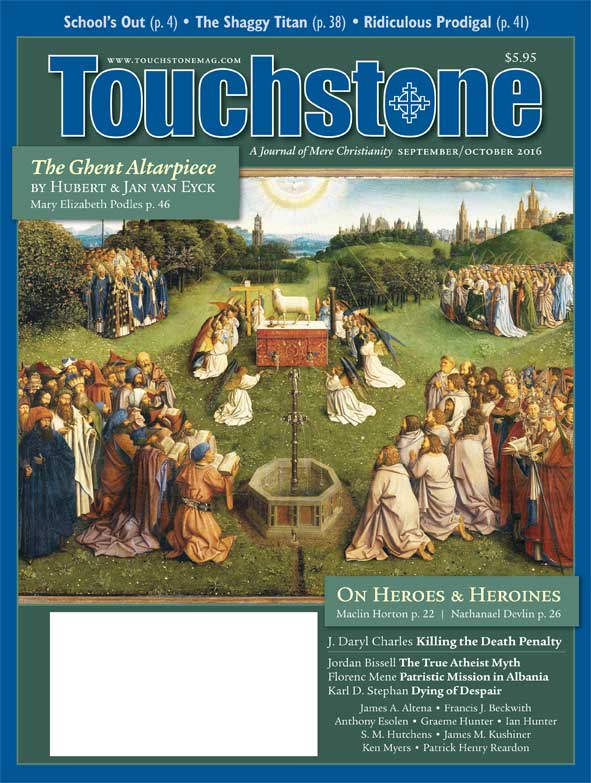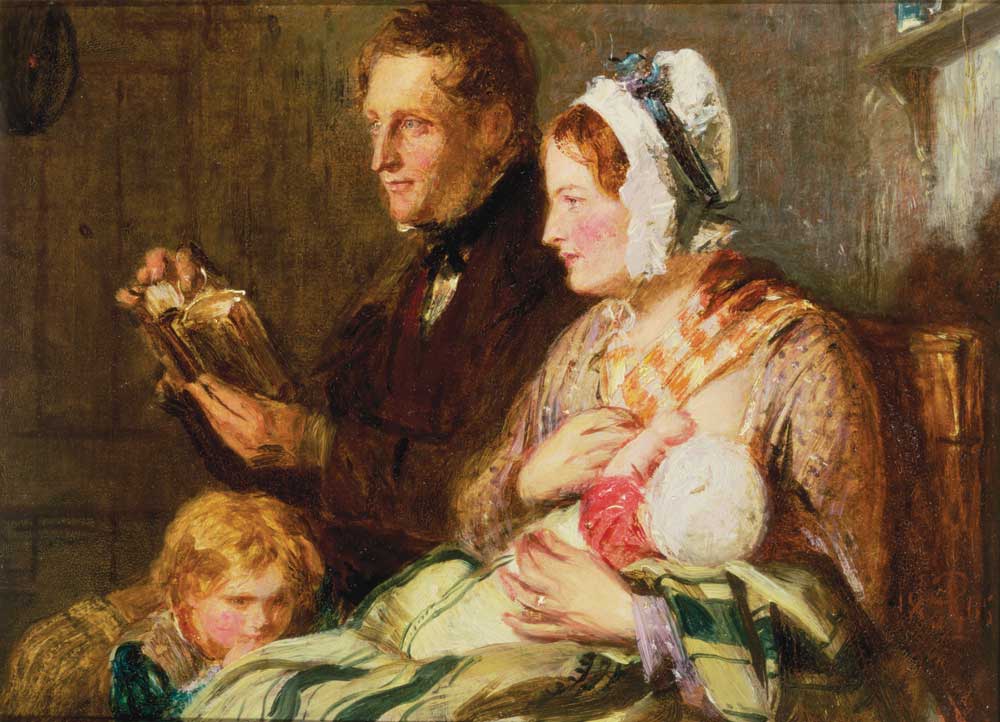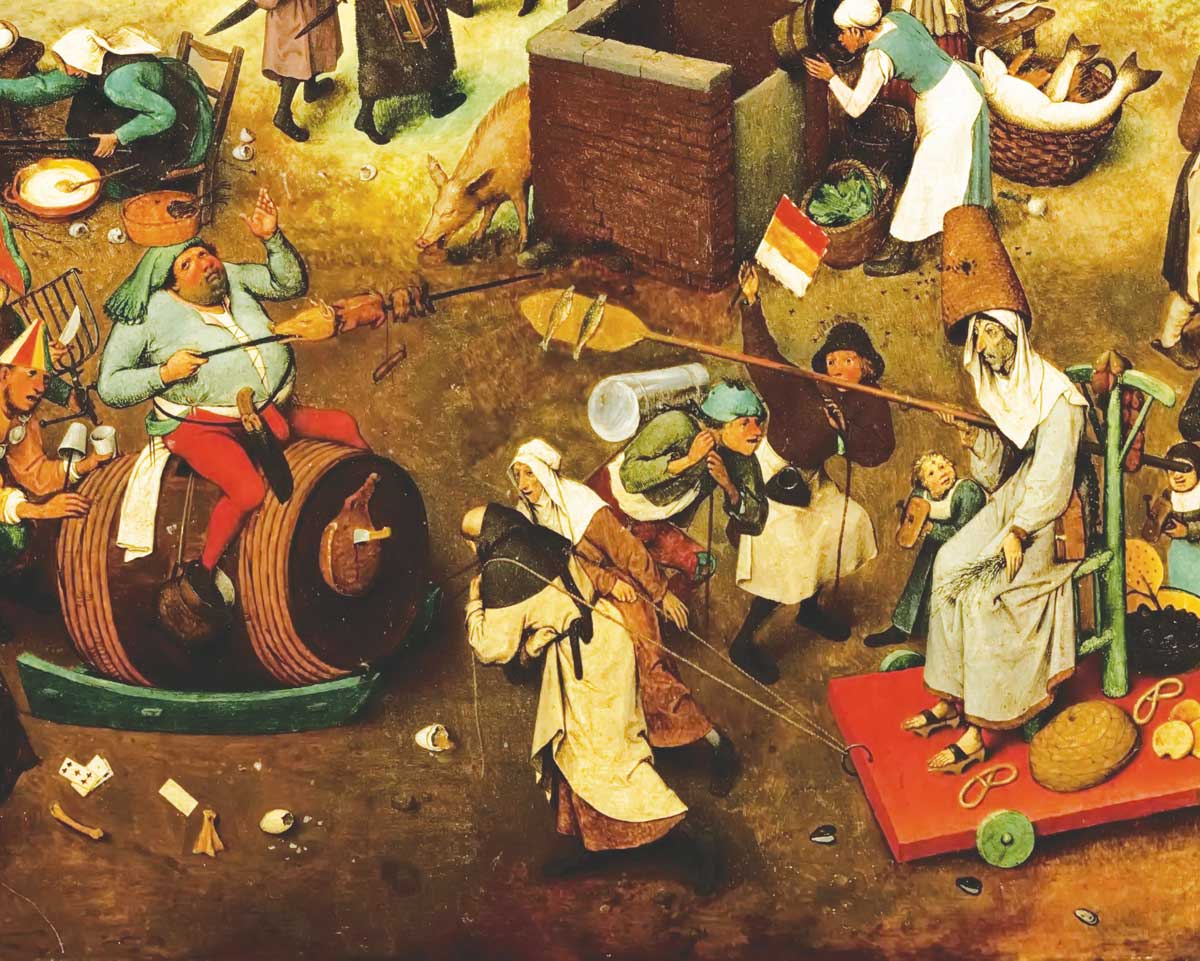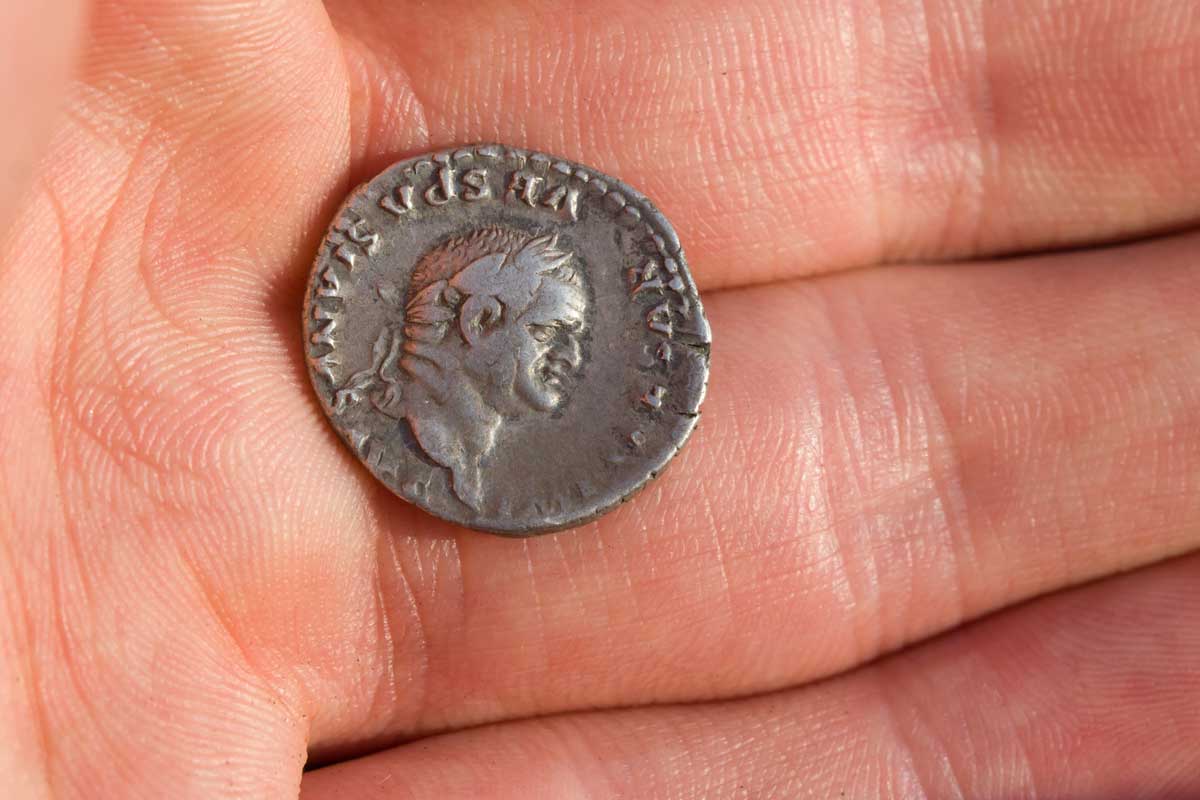View
A Patristic Mission
on Albanian Evangelicals & the Church Fathers
I am one of the fruits of Evangelical missions in Albania. Ever since my conversion in 1995, I have been intrigued by the earliest sources of the Bible and by early church history. At first, I naively thought that every Christian shared my passion for the early church. The more I read and studied, however, even during graduate studies in theology in Western Europe, the more disappointed I became—not at the church fathers, but at the ignorance of them that is common in the Albanian Evangelical churches.
The problem is not simply that current Evangelicals are ignorant of the early fathers; rather, it is that they are consciously ignoring them. When someone ignores his genealogical roots, he behaves as if he did not have a past, nor can he learn from the strengths and weaknesses of his family. He lives as a practical orphan, even with a living family—a pitiable state to be in. Unfortunately, this is the current state of things in the Evangelical church in my country. I dare say this is probably also true of many (if not most) Evangelical churches in Western Europe and the United States.
Putting the Fathers in their Place
Why is the voice of the church fathers important for the church today, especially for the Evangelical church? (I say, especially for the Evangelicals, because we have been guilty of ignoring the fathers the most.) Its primary importance lies in the fact that the fathers represent the voice of the church historically, from the time of the apostles onward. They are a vital historical and theological link that connects the apostolic age with the present age of the church.
In recent years, Evangelical scholars have begun to return to the church fathers' testimonies to reclaim these giants, who have long been ignored by large segments of the Protestant church. A notable worthy in this endeavor is Thomas C. Oden. He is at the forefront of what has been called paleo-orthodoxy, a Christian movement that aims to go back to the essentials of Christianity as exhibited in the early church. The Ancient Christian Commentary on Scripture, of which Oden is the general editor, is one of the fruits of this endeavor. Another Evangelical movement that aims at returning to the church fathers is led by D. H. Williams and embodied in a series called Evangelical Ressourcement: Ancient Sources for the Church's Future.
The reason for this return is straightforward. As Williams has pointed out in one book in his series, Tradition, Scripture, and Interpretation, "Much of our understanding of the Bible and theological orthodoxy . . . has come through the interpretive portals of the early church, which is an integral part of the Protestant identity, no less than it is for Roman Catholicism or Eastern Orthodoxy" (7). He therefore claims that for Evangelical churches to remain biblically sound, they must not ignore the early and formative tradition of the church fathers. "Of course," he says in another book,
this does not mean that everything the early Fathers . . . taught is immune from ancient influences or practices which Christians would no longer endorse today. I am not proposing an idealized portrait of that period. But appealing to the Bible alone and the personal enabling of the Holy Spirit . . . do not insure orthodoxy. . . . Dividing Scripture from the Tradition or from the church creates an artificial distinction which would have been completely alien to the earliest generations of Christians. (Retrieving the Tradition, 13–14)
Many Protestants today would be surprised to learn that the Reformation did not involve a clean break from the early church tradition. On the contrary, its greatest leaders, Calvin and Luther, repeatedly interacted with early church literature in their writings. Again, in another of his books, The Free Church and the Early Church, Williams reminds his readers that "many of the earliest impulses behind the Protestant Reformation were linked to the patristic heritage of the Christian faith as an indispensable part of the faith's future direction."
Theologian Christopher A. Hall issues a sobering call to Evangelicals in "What Evangelicals and Liberals Can Learn from the Church Fathers" (Journal of the Evangelical Theological Society [March 2006], 81–95), where he urges them not only to hold onto their faith in the Scriptures as a foundation for theology but also to realize that their hermeneutics are "no more infallible than the Church's traditional reading. Our reading needs to be corrected by tradition, and tradition needs to be corrected by our reading" (95). In the same article, Hall advises Evangelicals about what stance to take in relation to the church tradition and the Scriptures:
We cannot allow tradition to grow without accountability to the Scripture on which it purports to be based. At the same time, we cannot allow private interpretation of Scripture to occur without accountability to the tradition that must authoritatively guide it. If tradition automatically trumps Scripture, we are doomed; if private interpretation of Scripture trumps tradition, we are equally doomed. (94).
Albanian Evangelicalism:
Quo Vadis?
While I am focusing here on the Evangelicals, I would not be mistaken if I said there is also widespread ignorance of the church fathers in the Catholic and Orthodox communities. True, in contrast to many Albanian Evangelicals, the Catholics and the Orthodox revere the fathers. This is shown in their seminary courses, catechisms, and liturgies. On the practical level, however, the average Catholic or Orthodox in Albania knows little, if anything, of the fathers' writings.
Where do we go from here? I frankly do not know, but I do care. I think education is key in the quest to getting Albanian Christians, particularly the Evangelicals, acquainted with the early church voices. Albanian Bible schools and seminaries must include patristics among their subjects. Also, pastors would benefit greatly from courses on patristics and early church history, despite their busy schedules. This, in turn, would encourage Albanian pastors, seminarians, and theologians to pass on what they have learned to the people they serve.
The path will not be easy. Often, the effort will be met with disappointment and even antagonism. This has already happened to me more than once. On one recent occasion, after I posted a version of this article on Facebook, a Western Evangelical replied: "Go back to your paleo-orthodoxy and leave the Evangelicals alone." I intend to follow the first part of his advice, but not the second. I believe that giving heed to the voices of our spiritual ancestors will strengthen, not weaken, the Evangelical heritage. It will also enable Catholics, Orthodox, and Evangelicals to find even more common ground with each other as they live as pilgrims in this postmodern world, representing the voice of Christ, but also of those godly people who, though dead, still speak to those who are willing to listen. •
subscription options
Order
Print/Online Subscription

Get six issues (one year) of Touchstone PLUS full online access including pdf downloads for only $39.95. That's only $3.34 per month!
Order
Online Only
Subscription

Get a one-year full-access subscription to the Touchstone online archives for only $19.95. That's only $1.66 per month!
bulk subscriptions
Order Touchstone subscriptions in bulk and save $10 per sub! Each subscription includes 6 issues of Touchstone plus full online access to touchstonemag.com—including archives, videos, and pdf downloads of recent issues for only $29.95 each! Great for churches or study groups.
Transactions will be processed on a secure server.
more on protestant from the online archives
more from the online archives
calling all readers
Please Donate
"There are magazines worth reading but few worth saving . . . Touchstone is just such a magazine."
—Alice von Hildebrand
"Here we do not concede one square millimeter of territory to falsehood, folly, contemporary sentimentality, or fashion. We speak the truth, and let God be our judge. . . . Touchstone is the one committedly Christian conservative journal."
—Anthony Esolen, Touchstone senior editor












